Hand Tools
Find out more about Hand Tools
Hand tools are essential instruments used in various tasks, ranging from simple home repairs to complex construction projects. These tools are operated manually, without the need for electricity or batteries, which allows for greater control and precision in their use.
Common types of hand tools include hammers, screwdrivers, pliers, wrenches, and saws. Each tool serves a specific purpose; for example, hammers are used for driving nails or breaking objects, while screwdrivers are essential for fastening or loosening screws. Pliers provide grip and leverage for turning or bending materials, and wrenches are designed for tightening or loosening nuts and bolts. Saws, whether hand saws or hacksaws, are crucial for cutting wood or metal.
One of the significant advantages of hand tools is their portability. They are typically lightweight and easy to carry, making them ideal for both indoor and outdoor tasks. Additionally, they often require less maintenance compared to power tools, and they can be more cost-effective for occasional use.
When selecting hand tools, it's essential to consider the material and design. High-quality tools made from durable materials, such as steel, can withstand wear and tear, ensuring longevity. Ergonomic designs can also enhance comfort and reduce fatigue during prolonged use.
In summary, hand tools are versatile and indispensable for anyone involved in DIY projects, maintenance, or professional trades. Their simplicity, effectiveness, and ease of use make them a staple in every toolbox.
Hand Tools FAQs
What are hand tools?
Hand tools are essential instruments used for manual tasks, operated without electricity or batteries. They include tools like hammers, screwdrivers, pliers, wrenches, and saws, each designed for specific purposes such as driving nails, fastening screws, gripping materials, or cutting. They are known for their portability, ease of use, and cost-effectiveness, making them indispensable for both DIY projects and professional work.
What are the most essential hand tools for a beginner?
The most essential hand tools for a beginner typically include:
Hammer - for driving nails and general construction tasks.
Screwdrivers - a set with both flathead and Phillips head for fastening screws.
Pliers - for gripping, twisting, and cutting wire or small objects.
Tape Measure - for measuring lengths and distances accurately.
Utility Knife - for cutting various materials like cardboard and rope.
These tools provide a solid foundation for tackling a variety of basic projects and repairs.
How do I choose the right hand tool for a specific task?
To choose the right hand tool for a specific task, consider the following steps:
Identify the Task: Clearly define what you need to accomplish. Is it cutting, fastening, or gripping?
Select the Appropriate Tool: Based on the task, choose a tool designed for that purpose. For example:
- Use a saw for cutting materials.
- Use a wrench for loosening or tightening nuts and bolts.
- Use a screwdriver for driving screws.
Consider the Material: Different tools work better with specific materials. For example, a metal file is ideal for smoothing metal edges, while a wood chisel is suited for woodworking.
Ergonomics and Comfort: Ensure the tool feels comfortable in your hand, as this can affect your efficiency and safety while working.
By following these steps, you can effectively choose the right hand tool for your specific task!
Are hand tools safer than power tools?
Yes, hand tools are generally considered safer than power tools for several reasons:
Less Power: Hand tools operate without electricity or batteries, reducing the risk of electrical hazards.
Greater Control: Users have more direct control over hand tools, which can lead to fewer accidents and injuries.
Lower Speed: Hand tools work at a slower pace, giving users more time to react and avoid mistakes.
Fewer Moving Parts: With fewer components, there’s less chance of mechanical failure that could lead to injury.
However, it’s still important to use hand tools properly and follow safety guidelines to minimise risks. Always wear appropriate safety gear and be aware of your surroundings while working!
How do I maintain my hand tools?
To maintain your hand tools, follow these tips:
Clean After Use: Wipe down tools to remove dirt, grease, and moisture. This prevents rust and keeps them in good condition.
Sharpen Blades: Regularly sharpen cutting tools like saws, chisels, and knives to ensure they work efficiently and safely.
Oil Moving Parts: Apply a light coat of oil to tools with moving parts, such as pliers and scissors, to keep them functioning smoothly.
Store Properly: Keep tools in a dry, organised space. Use toolboxes or pegboards to prevent damage and make them easy to find.
Inspect Regularly: Check tools for wear and tear. Replace any damaged or broken tools to ensure safety during use.
By following these maintenance tips, you can extend the life of your hand tools and keep them performing at their best!

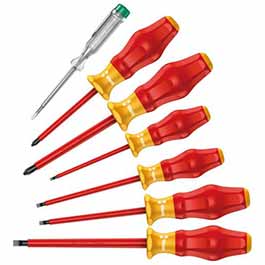
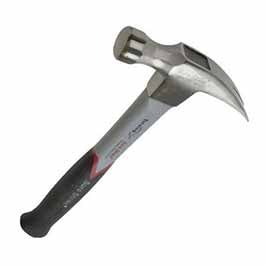
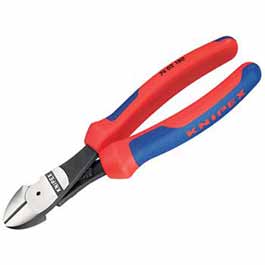
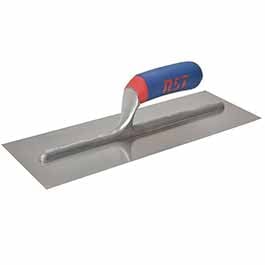
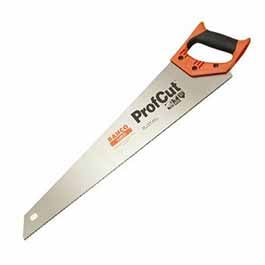

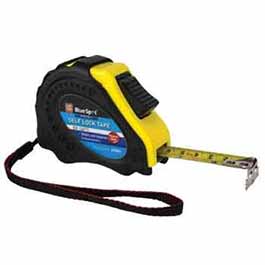
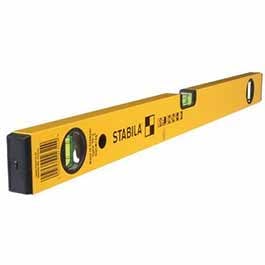
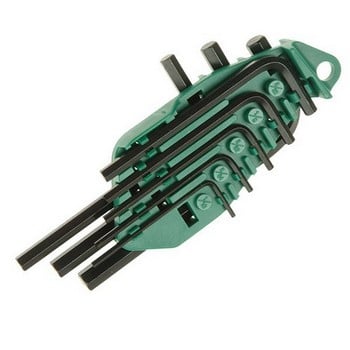
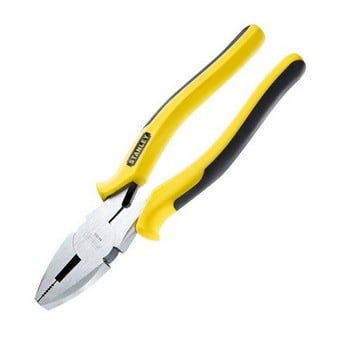
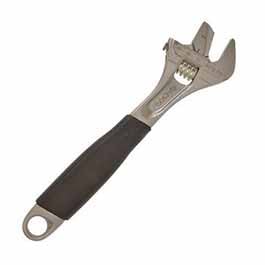
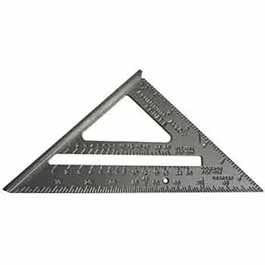
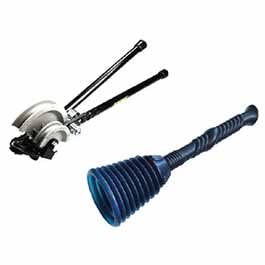
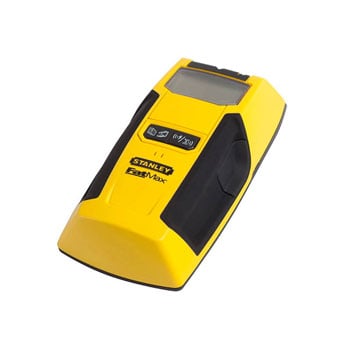
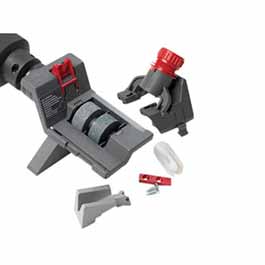
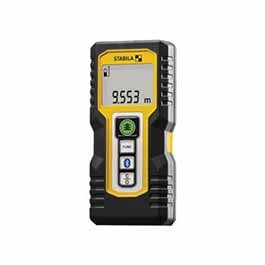
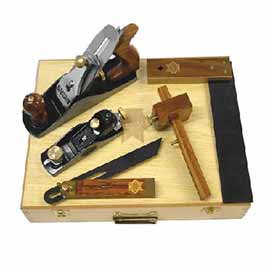
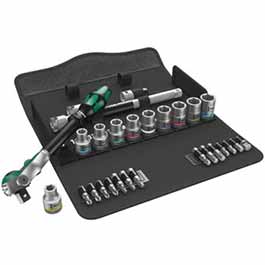
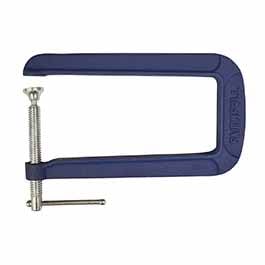
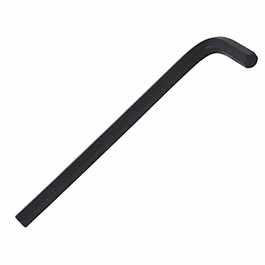
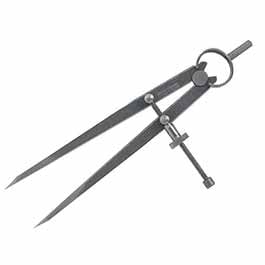
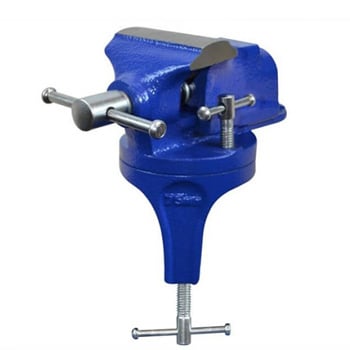
Shop our wide range of Hand Tools at Trading Depot. Discover a comprehensive range of high-quality hand tools designed for precision, durability, and ease of use. From versatile wrenches and pliers to saws, hammers, and screwdrivers, our hand tools cater to both DIY enthusiasts and professional tradespeople. Crafted from premium materials, these tools provide exceptional performance for various applications, whether in construction, woodworking, or home improvement projects. Ergonomically designed for comfort and efficiency, our hand tools ensure you can tackle any task with confidence. Explore our selection and equip yourself with reliable hand tools that stand the test of time!